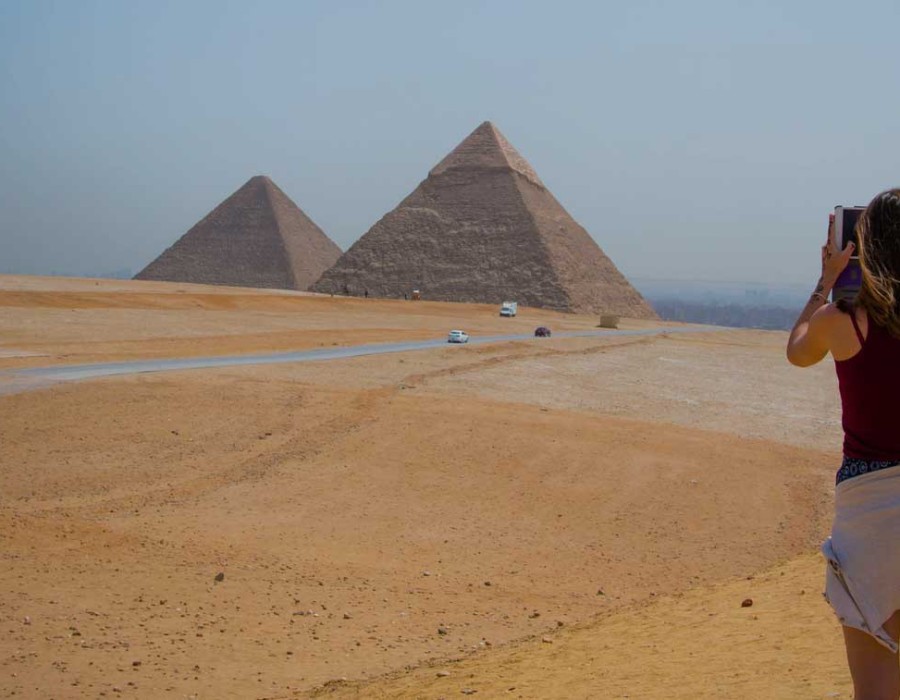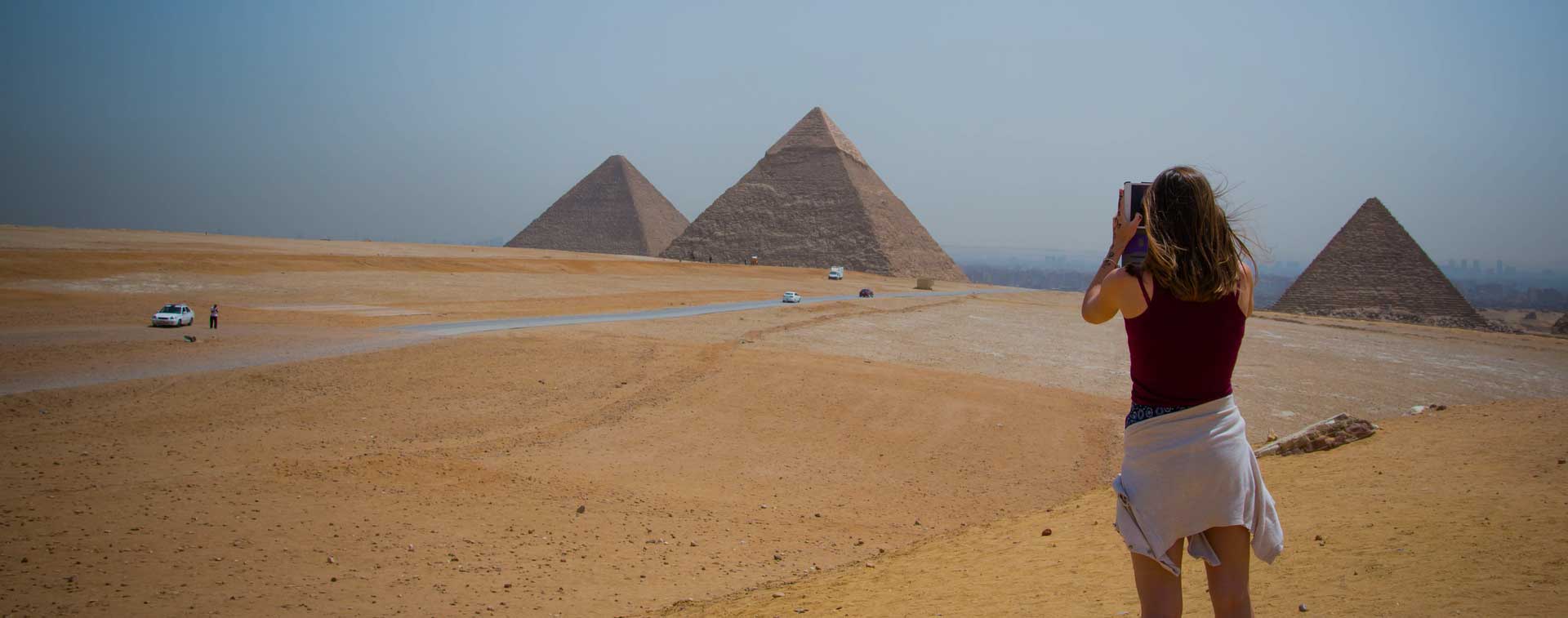The Nile River has been the cradle of Egyptian civilization, nurturing the rise of the Pharaohs and serving as a key trade and cultural route. Embarking on an Egypt Nile Cruise offers travelers an unparalleled opportunity to immerse themselves in the history and beauty of this iconic waterway. Starting from Cairo, the bustling capital city, and meandering southwards to the historic city of Aswan, the cruise provides a seamless blend of ancient marvels, natural beauty, and modern comforts.
The allure of the Nile lies not only in its serene waters but also in the treasures it guards along its banks. From grand temples to quaint villages, each stop unveils a new chapter of Egypt’s fascinating story.
Cairo: The Gateway to Your Nile Adventure
A Nile cruise from Cairo to Aswan typically begins in Cairo, a city where the past and present coexist harmoniously. Before setting sail, travelers can explore iconic landmarks like the Pyramids of Giza and the Sphinx. These timeless monuments, standing as a testament to ancient Egyptian ingenuity, set the tone for the journey ahead.
The cruise allows you to leave behind the chaos of urban life and drift into a world of tranquility. As the boat glides along the Nile, the scenery transitions from the lively streets of Cairo to the serene rural landscapes, dotted with lush palm groves and golden sands.
Witness Ancient Wonders Along the Nile
One of the most enchanting aspects of an Egypt Nile Cruise is the access it provides to Egypt’s legendary historical sites. As the cruise progresses southward, each stop becomes a gateway to exploring temples, tombs, and relics that have withstood the test of time.
Luxor, often referred to as the world’s greatest open-air museum, is a highlight of the journey. The city is home to the Karnak and Luxor Temples, where colossal columns and intricate carvings narrate tales of ancient gods and pharaohs. On the western bank of the Nile lies the Valley of the Kings, where the tombs of mighty rulers like Tutankhamun are hidden in the rocky hills.
Further south, Edfu’s Temple of Horus stands as one of the best-preserved temples in Egypt. Dedicated to the falcon-headed god Horus, the temple showcases exquisite reliefs that depict mythological battles and rituals. Another gem is the Temple of Kom Ombo, uniquely dedicated to two gods—Sobek, the crocodile god, and Horus.
Aswan: A Tranquil Finale
The cruise culminates in Aswan, a city known for its breathtaking landscapes and rich cultural heritage. Here, travelers can marvel at the engineering brilliance of the Aswan High Dam and visit the Temple of Philae, dedicated to the goddess Isis. Situated on an island, the temple’s picturesque setting makes it a favorite among visitors.
An Egypt Nile Cruise often includes a chance to sail on a traditional felucca, a wooden sailing boat, to enjoy the gentle breeze and scenic beauty of the Nile. The vibrant Nubian culture of Aswan adds another layer of charm to the journey, with its colorful villages, warm hospitality, and traditional music.
Luxury and Comfort on the Nile
Modern-day Nile cruises are designed to offer luxury and convenience without compromising on authenticity. Whether aboard a lavish cruise liner or a more intimate dahabiya, guests can expect well-appointed cabins, gourmet dining, and personalized service. The gentle rhythm of the river and the ever-changing views create a relaxing ambiance that enhances the entire experience.
Beyond the historical and natural wonders, a Nile cruise from Cairo to Aswan offers moments of quiet reflection and connection. Watching the sunset over the river, with the golden light casting a magical glow on the water, is a memory that lingers long after the journey ends.
A Journey Worth Taking
There are few travel experiences as captivating and enriching as an Egypt Nile Cruise. It combines history, culture, and natural beauty into a seamless adventure that leaves an indelible mark on the soul. From the bustling energy of Cairo to the serene beauty of Aswan, every moment on the Nile is a step back in time and a celebration of Egypt’s enduring legacy.






Comments